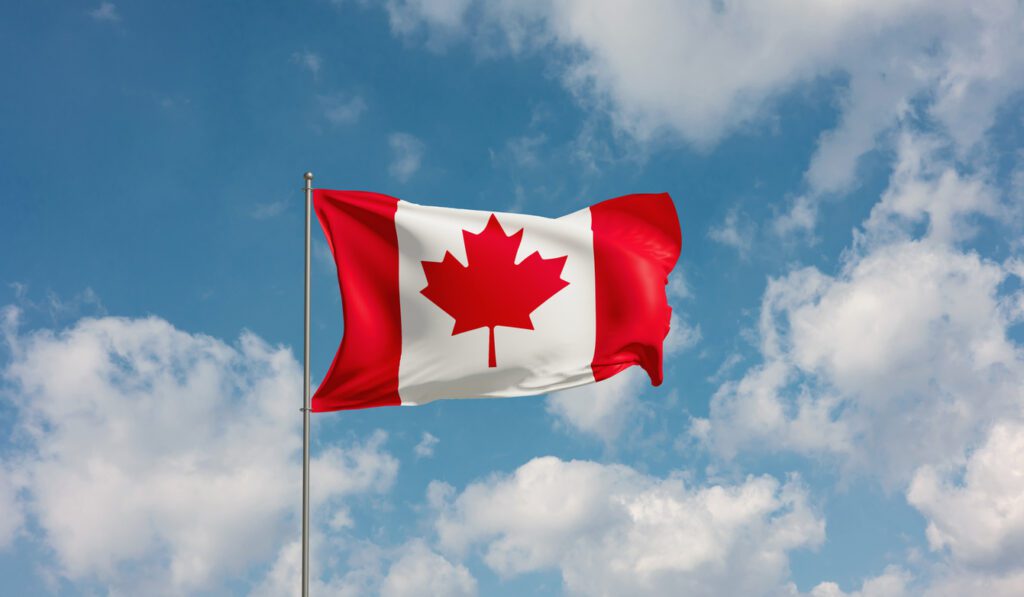
Addiction is nothing new to Canadians, as it has been a pervasive issue that transcends generations and demographics.
Alcoholism, in particular, has a long and troubling history of being a major health problem in Canada, deeply affecting not only individuals but also their families and communities. From patterns of excessive drinking to the growing opioid crisis, substance abuse remains a significant and escalating issue within our society. In light of this, we have meticulously gathered recent addiction statistics in Canada to provide a clearer picture of the problem at hand. Additionally, we delve into how mental health is intimately connected to substance use, examining the underlying factors that often lead to addiction. Furthermore, we discuss the various obstacles that those seeking help may encounter on their journey to recovery, highlighting significant barriers such as stigma, lack of resources, and insufficient access to care. Finally, we also explore the numerous benefits of holistic recovery methods, which emphasize a comprehensive approach to healing that addresses the physical, emotional, and spiritual aspects of addiction recovery in a supportive and nurturing environment.
Alcohol is the most widely used substance in Canada. The Canadian Alcohol and Drugs Survey (2023) shows that around 88% of Canadians aged 15 and older consumed alcohol in the past year. However, heavy drinking is a problem, with 19.1% of Canadians aged 12 and older drinking heavily at least once a month. These figures highlight the importance of talking about responsible drinking and the effects of alcohol on public health.
Between January 2016 and March 2025, there were 53,821 reported deaths from opioid toxicity according to Health Canada.
Since 2016, Canada has seen a significant rise in toxic drug poisonings, as monitored by the Public Health Agency of Canada. This health crisis is affecting individuals who use drugs, their families, and communities nationwide, influenced by various factors. Since 2020, many regions have reported rising rates of toxic drug poisonings, with changes noted in recent months.
In 2023, over one-third of adults aged 18 to 24 years (38.4%) and 25 to 44 years (34.5%) reported using cannabis in the past year, compared to 15.5% of adults 45 and older. Frequent use may indicate dependence, as a study showed that nearly 72.4% of daily users had impaired control and risked developing cannabis use disorder. About 1 in 10 adults aged 18 to 24 years (8.7%) and 25 to 44 years (10.3%) used cannabis daily, versus 4.8% of those aged 45 and older. Among adults 45 and older, men (6.0%) were more likely to use cannabis daily than women (3.6%).
Drug use, particularly cocaine and meth, is rising. The Canadian Centre on Substance Use and Addiction (CCSA) reports increased harms related to these substances in urban areas.
Opiate and opioid use remains high in Canada. In 2022, fentanyl was involved in the majority of opioid overdoses in British Columbia and Alberta.
The rates of mood and anxiety disorders have risen significantly over the past decade (Table 1). The percentage of Canadians aged 15 and older diagnosed with generalized anxiety disorder in the year before the survey increased from 2.6% to 5.2% between 2012 and 2022. Similar rises were noted for major depressive episodes, going from 4.7% in 2012 to 7.6% in 2022, and for bipolar disorders, which increased from 1.5% in 2012 to 2.1% in 2022. The growth in mood and anxiety disorders was even more pronounced among young people (see box Young women were the most likely to be diagnosed with a mood or anxiety disorder).
Many different healthcare providers can offer mental health support in Canada, including family doctors, psychiatrists, nurses, psychologists, psychotherapists, social workers, and counselors.Note Accessing mental health services usually means speaking with one of these professionals.
Among the 18.3% of Canadians aged 15 and older who met criteria for a mood, anxiety, or substance use disorder in the year before the survey, about half (48.8%) said they had talked to a health professional about their mental health in the past year. Most reported seeing a family doctor or general practitioner (32.4%). Fewer individuals spoke to a mental health specialist such as a psychiatrist, psychologist, or psychotherapist.
At Searidge, we take a clear and straightforward approach to help residents understand why they turn to self-medication. We offer educational resources and workshops that explore addiction’s psychology and its impact on mental health. This deeper awareness helps individuals recognize their triggers and the reasons behind their urges, as well as provide them with practical strategies and coping mechanisms to handle these urges when they occur.
Our skilled team supports residents in spotting behaviors that may lead to self-medication. By creating a nurturing environment for personal growth, we help residents build the skills needed to face challenges and achieve lasting recovery. Through one-on-one counseling sessions, we motivate residents to set realistic goals that support their wellness journey.
it is one way that Searidge is helping to change the face of addiction in Canada, if you or a loved one is struggling give us a call our compassionate intake team are here to help and inform.
We're here for you
Recovery is just a phone call away. We’re here for you 24 hours a day, 7 days a week. Call 888-777-9972